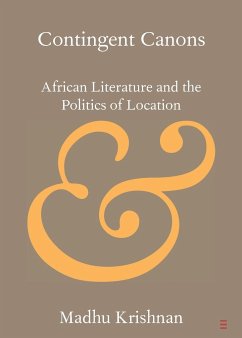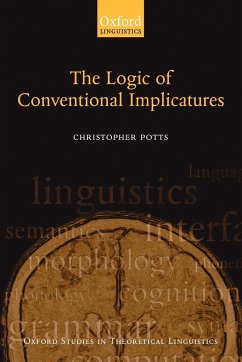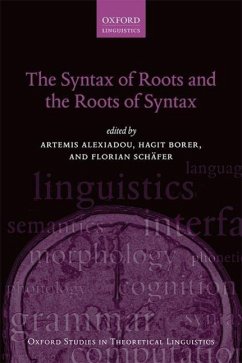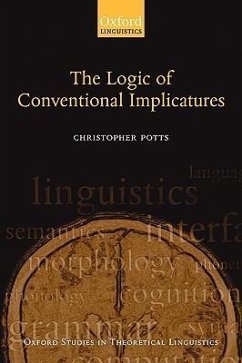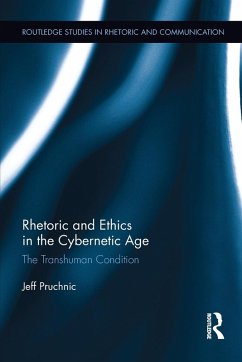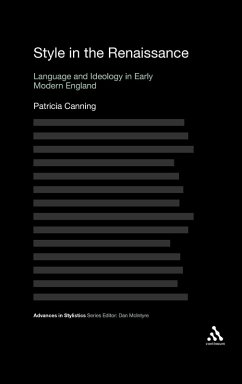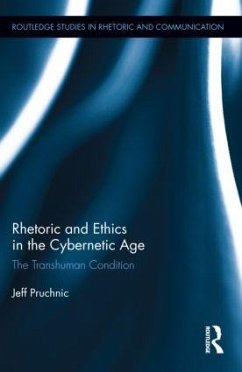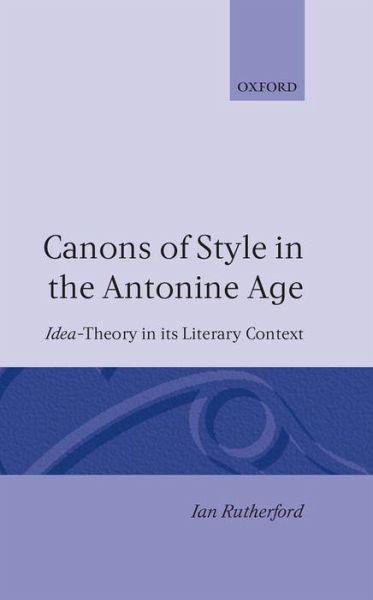
Canons of Style in the Antonine Age
Idea-Theory and Its Literary Context
Versandkostenfrei!
Versandfertig in 1-2 Wochen
41,99 €
inkl. MwSt.

PAYBACK Punkte
21 °P sammeln!
The purpose of this study is to explore the relationship between literature and stylistic theory in the Antonine Age. The literature is the prose literature of the Second Sophistic and the stylistic theory is the so-called idea-theory set out in the Peri Ideon of Hermogenes of Tarsus, as well as two anonymous works: the Peri Politikou Logou and the Peri Aphelous Logou. The author discusses the relationship between idea-theory and sophistic declamation, the relative value attributed to prose and poetry, attitudes towards Xenophon and Demosthenes, and the reputation of Aelius Aristides. He concludes that the links between literary theory and literary practice are greater than previously imagined. A translation of the anonymous Peri Aphelous Logou ('On Plain Language') is included as an appendix. This has not previously been translated although it is the major source for the reception of Xenoephon in this period.
This is a study of the relationship between Greek prose literature of the Antonine Age in the second century AD (the Second Sophistic) and idea-theory, a type of literary stylistics best known from the Peri Ideon of Hermogenes of Tarsus. The author considers sophistic declamation, the relative value attributed to prose and poetry, attitudes towards Xenophon and Demosthenes, and the reputation of Aelius Aristides.





